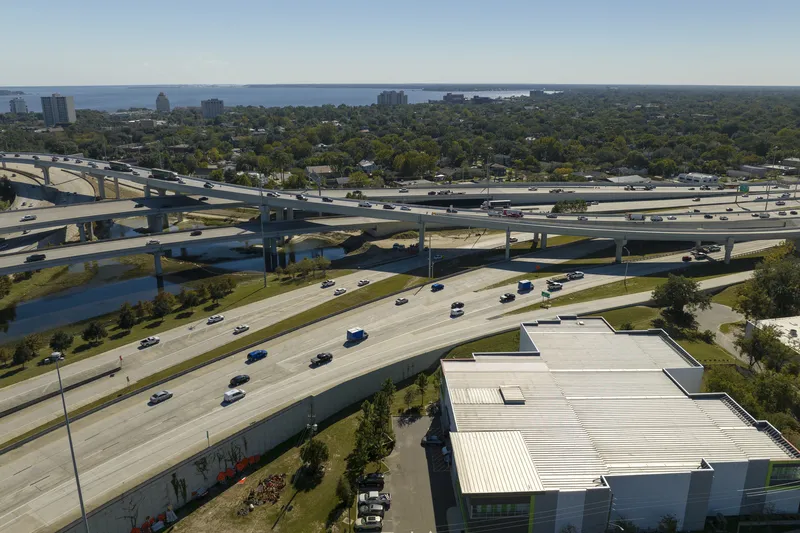Iteris has introduced Abacus 2.0, its next-generation traffic incident detection and data collection product. It provides traffic engineers and departments of transportation a software-based 'force multiplier' that leverages existing camera systems to collect real-time traffic data, rapidly identify incidents, and gain enhanced traffic flow information in a ready-to-use graphical user interface format.
January 23, 2012
Read time: 1 min

"The enhancements made to Abacus 2.0 are a logical extension of a product that effectively enables domestic and international agencies to leverage their current surveillance cameras and turn them into realtime data collection and incident detection systems," says Abbas Mohaddes, president and CEO of Iteris. "We believe this leverage can translate into cost savings for these agencies, which we expect will be a key driver of the product's demand."










